The 49th Hong Kong International Film Festival — which kicked off on Thursday — reaffirms its commitment to showing some of the world’s finest films to an audience that might not be able to see them otherwise. Mathew Scott reports.
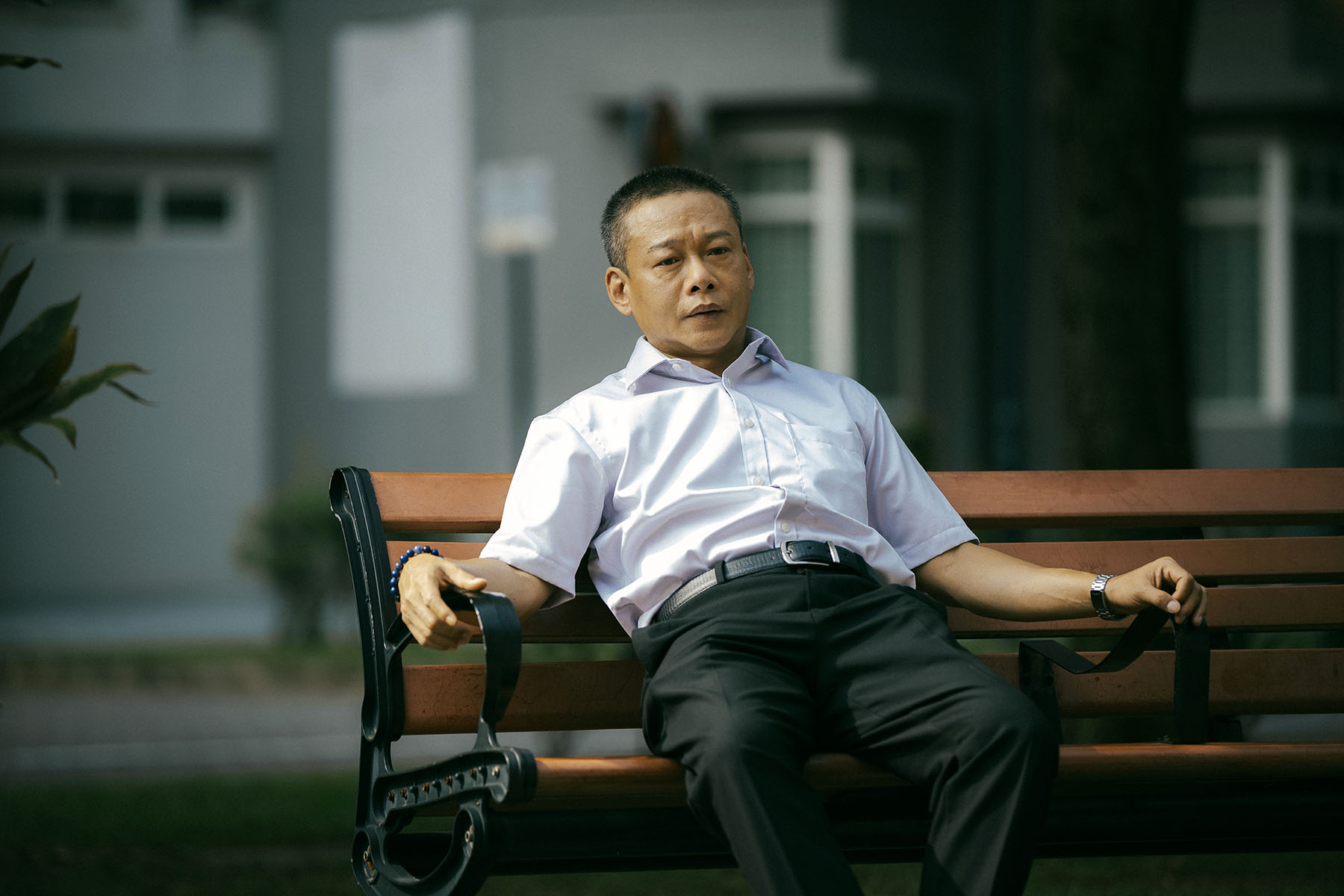
There’s no point beating around the bush when it comes to the state of local cinema. Things are tough. Declining box office, diminishing rate of films produced per year, theater closures — the industry is currently trying to find a way to combat all three.
It’s also dealing with more competition for the audience’s attention than ever before, thanks to the rise of nontraditional platforms such as the streamers. Their never-ending flow of content includes nontraditional forms of film such as those vertical short dramas shot specifically for smartphone viewing.
READ MORE: Rewriting history
Enter the annual Hong Kong International Film Festival (HKIFF) — the city’s true champion of all those traditions that now seem to be under threat. The 12-day program, which kicked off last night, is run by a team that is aware of the battle on its hands, and is coming out swinging. It’s not for nothing that the 49th edition of HKIFF is described by Albert Lee, Hong Kong International Film Festival Society executive director, as “an essential platform for filmmakers, audiences, and the broader community”.
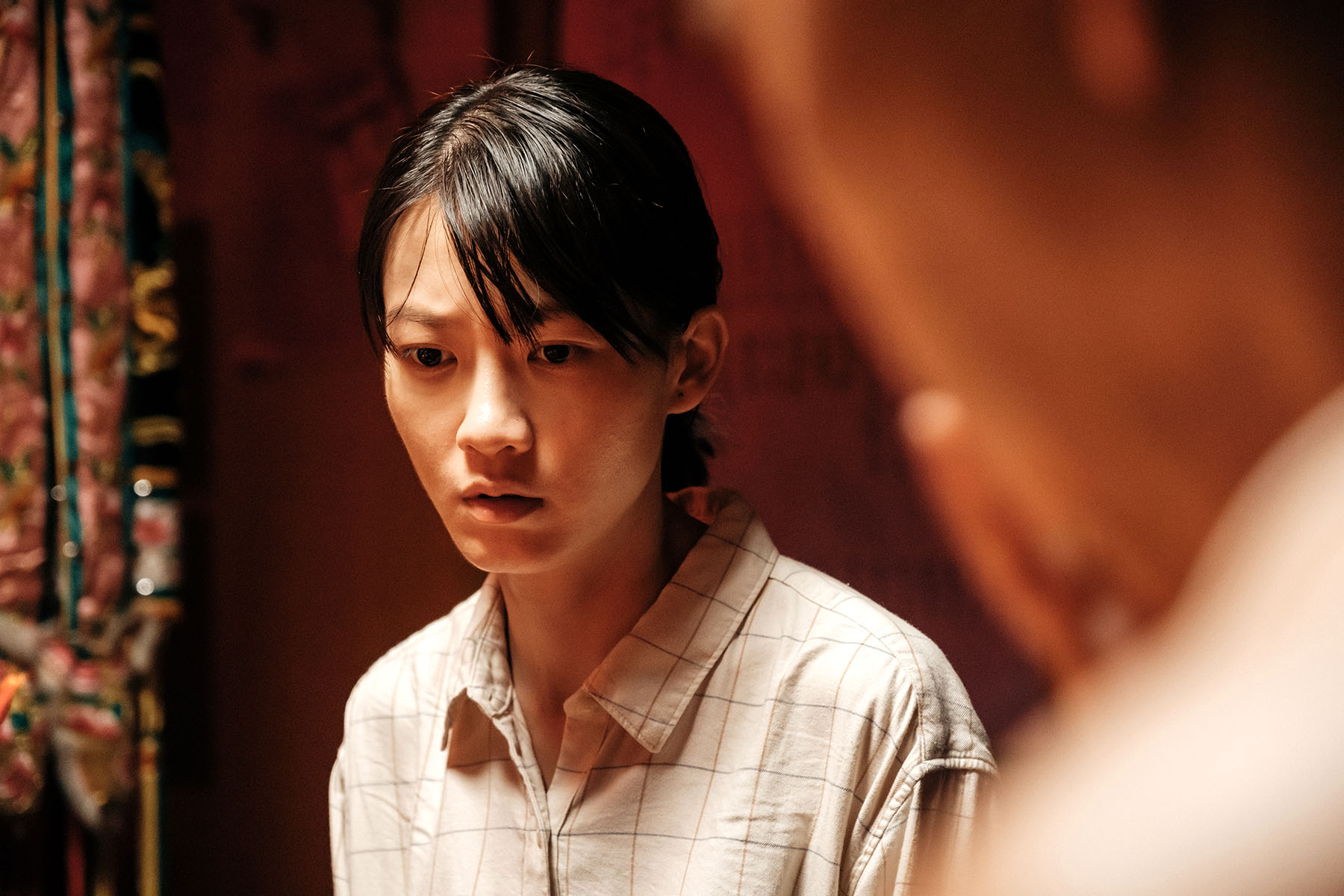

“One of HKIFF’s key contributions lies in its commitment to diversity, showcasing films that might not otherwise reach Hong Kong audiences,” Lee says. “This approach helps reinvigorate interest in cinema by offering a curated experience highlighting artistic expression and storytelling. We have successfully established our place within the local film ecosystem, evidenced by an overall sales rate of close to 80 percent over our last two editions — the highest we have achieved in the previous decade — despite a general decline in cinema attendance locally.”
Audiences this year are spoiled for choice when it comes to the diversity in programming that Lee is drawing attention to. Japanese director Nakashima Tetsuya — well-known in Hong Kong for the chilling Confessions (2010) — opened the festival last night with the world premiere of The Brightest Sun, described as being about the “transformative powers of parenthood”, sharing that duty with the baby hatch drama Pavane For An Infant by Malaysia’s Chong Keat Aun. Dreams (Sex Love) by Norway’s Dag Johan Haugerud — which won the Golden Bear at the 2025 Berlin International Film Festival — is the closing film.
Lee concedes that “challenges and pressure persist, particularly in engaging the audience and ensuring the festival’s sustainability amid ongoing uncertainties”. “However, HKIFF is more than just a celebration of cinema; we remain dedicated to rekindling people’s appreciation for the magic of the big screen.”
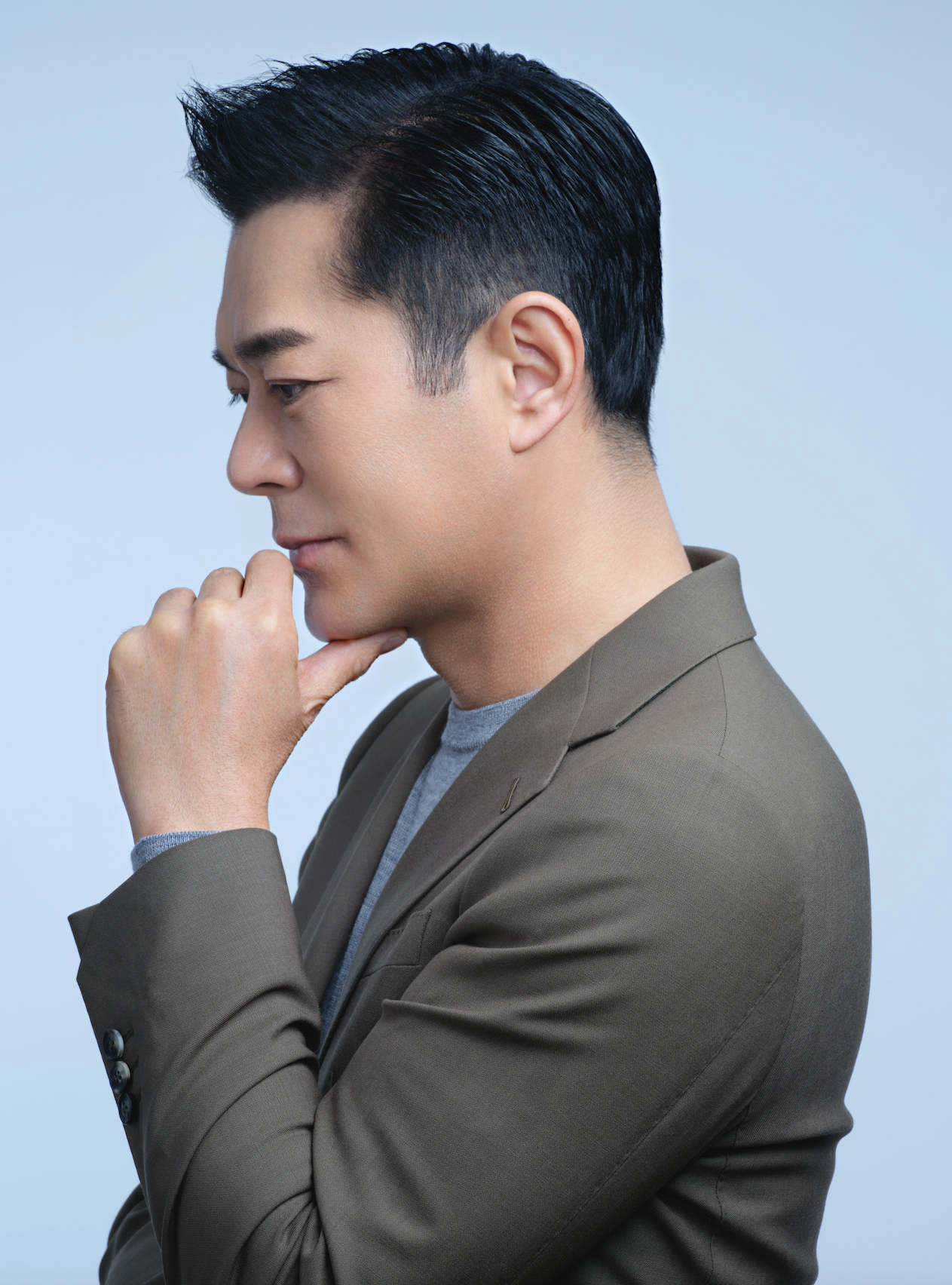
Homegrown products
There seems to be an obvious push forward for emerging talent at the 49th HKIFF, especially seeing that the local industry is producing fewer films with each passing year.
Olivier Chan is presenting her second feature — following the award-winning Still Human — and charts new territory with her searching exploration of the pressures placed on a mother after the birth of a first child in Montages of Modern Motherhood. There’s also the great Anthony Wong’s return — as a preacher forced to choose between his faith and revenge — in Valley of the Shadow of Death, directed by Jeffrey Lam and Antonio Tam. The world premiere of the Rikki Choy documentary Never Too Late, which looks closely at life in Hong Kong’s rapidly vanishing farmlands, is also on the cards.

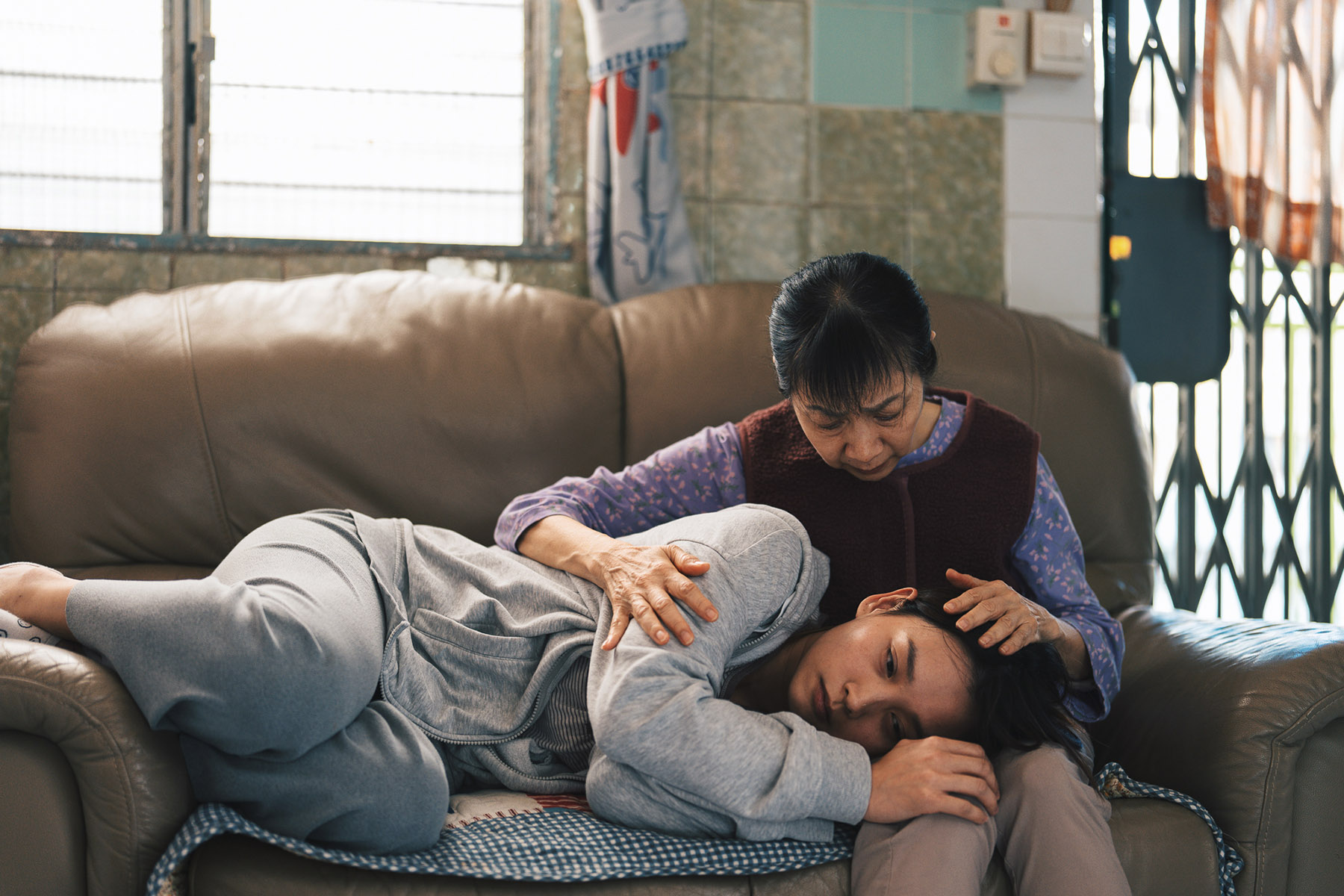
“I believe we should nurture these emerging directors, bringing unique styles and perspectives, to benefit the local film industry,” Lee says.
Among other local offerings is a 10-film retrospective focused on festival ambassador Louis Koo and a number of classics brought to life again through the wonders of 4K technology. The second category includes M+ museum’s first foray into film restoration — Peter Yung’s dip in the world of crime and drugs, The System (1979), which Geoffrey Wong, HKIFF’s director of programing, says, “holds unparalleled significance in pushing the boundaries of Hong Kong New Wave cinema”.
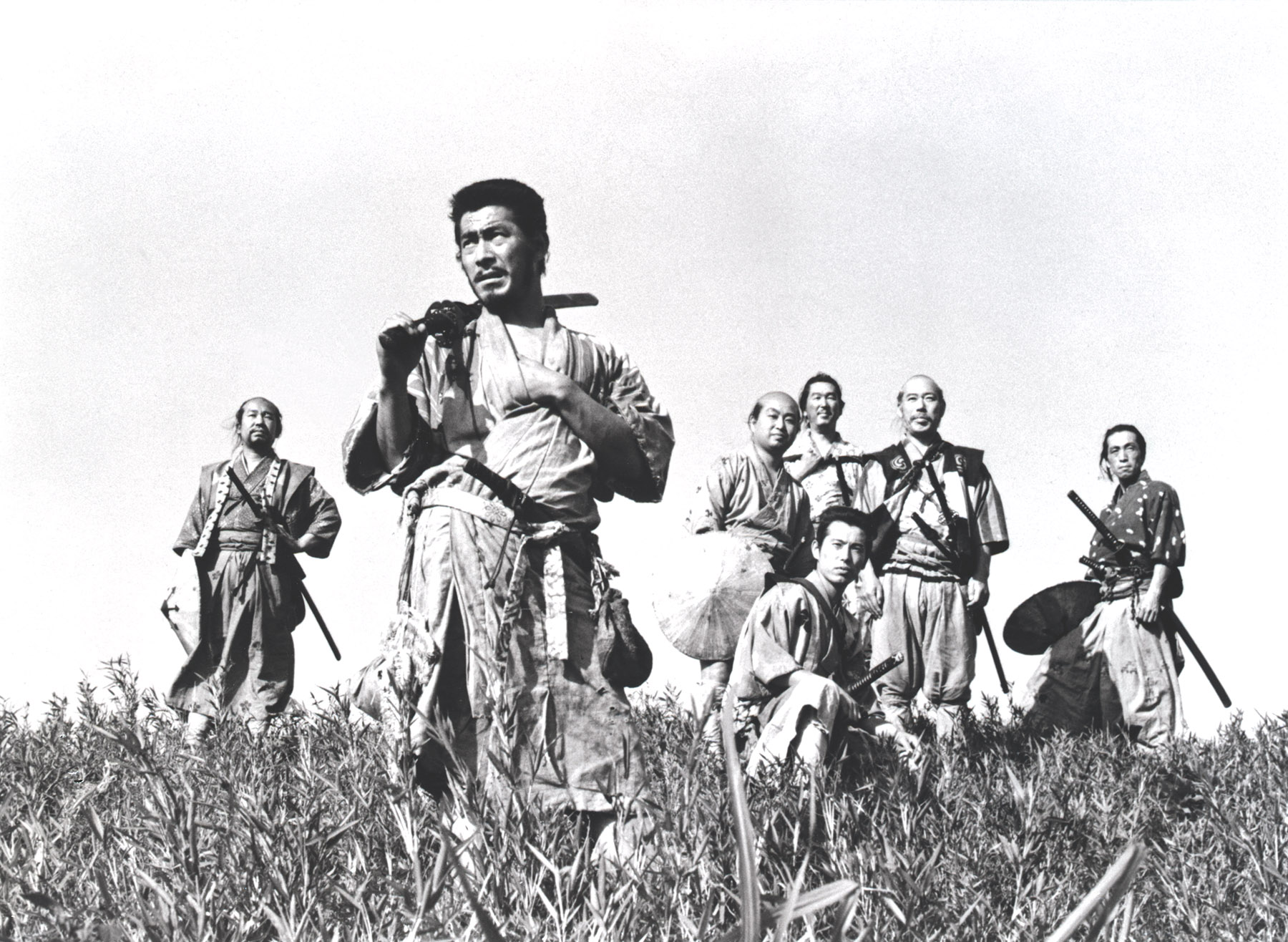
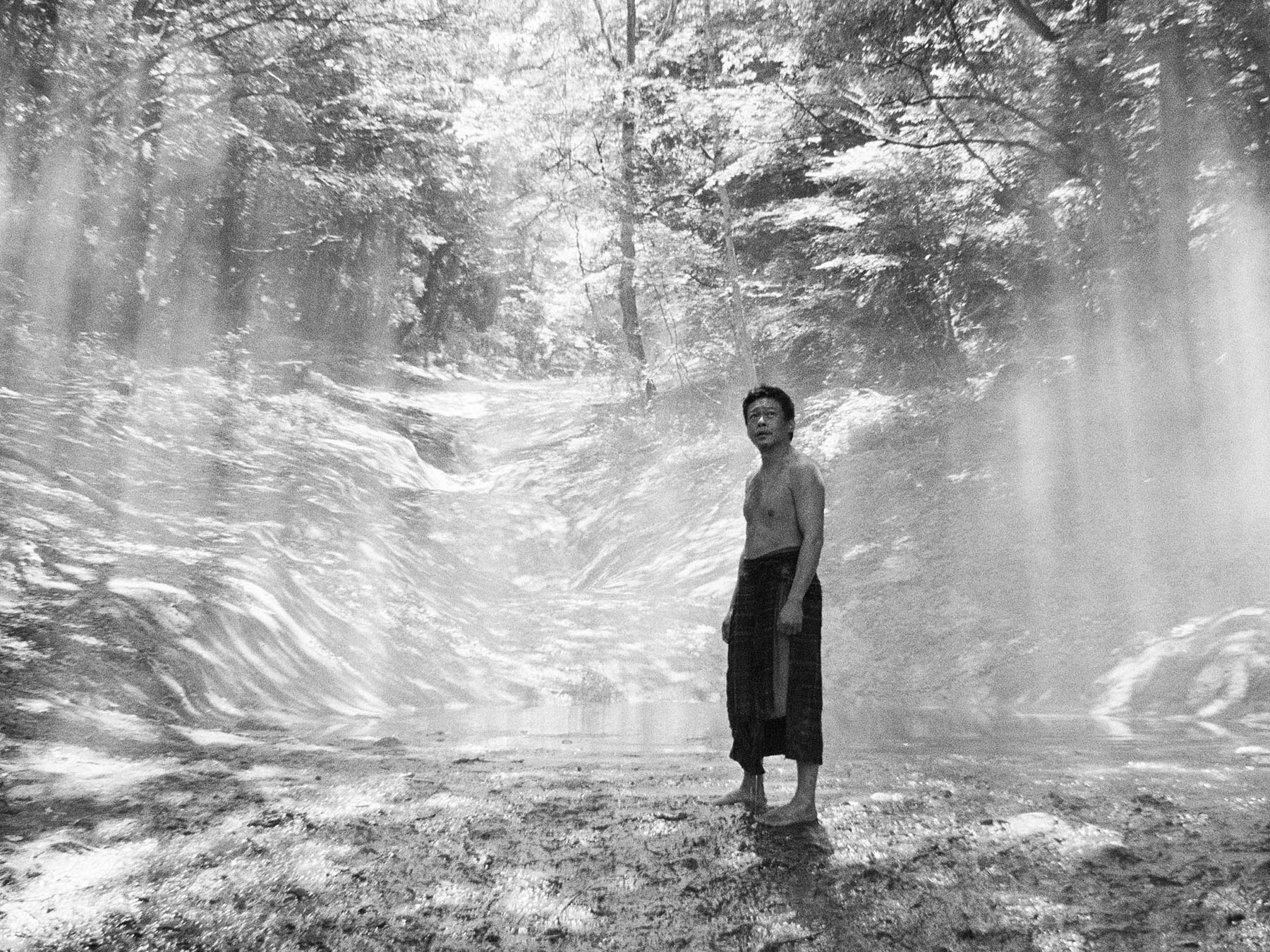
Close encounters
Documentaries are quite strong this year, with acclaimed mainland director Wang Bing presenting his epic Youth Trilogy. There’s also a commitment to inspire. HKIFF’s Meet the Filmmakers initiative will see the likes of Japanese actor Ando Sakura (Shoplifters) and Chinese filmmaker Vivian Qu (Girls on Wire) sharing their movies, and thoughts on their making, with audience members.
“This initiative proved highly successful last year, and we aim to continue bringing the best and most respected filmmakers from around the world to inspire local audiences, including young filmmakers and content creators,” Wong says. “We always strive to invite filmmakers who challenge the norm and express their creativity uniquely. By sharing their experiences and insights on filmmaking, we hope to engage the audience and encourage them to learn from the best creative spirits who drive the art of cinema. This initiative enriches the local film community and fosters a deep appreciation for the craft.”
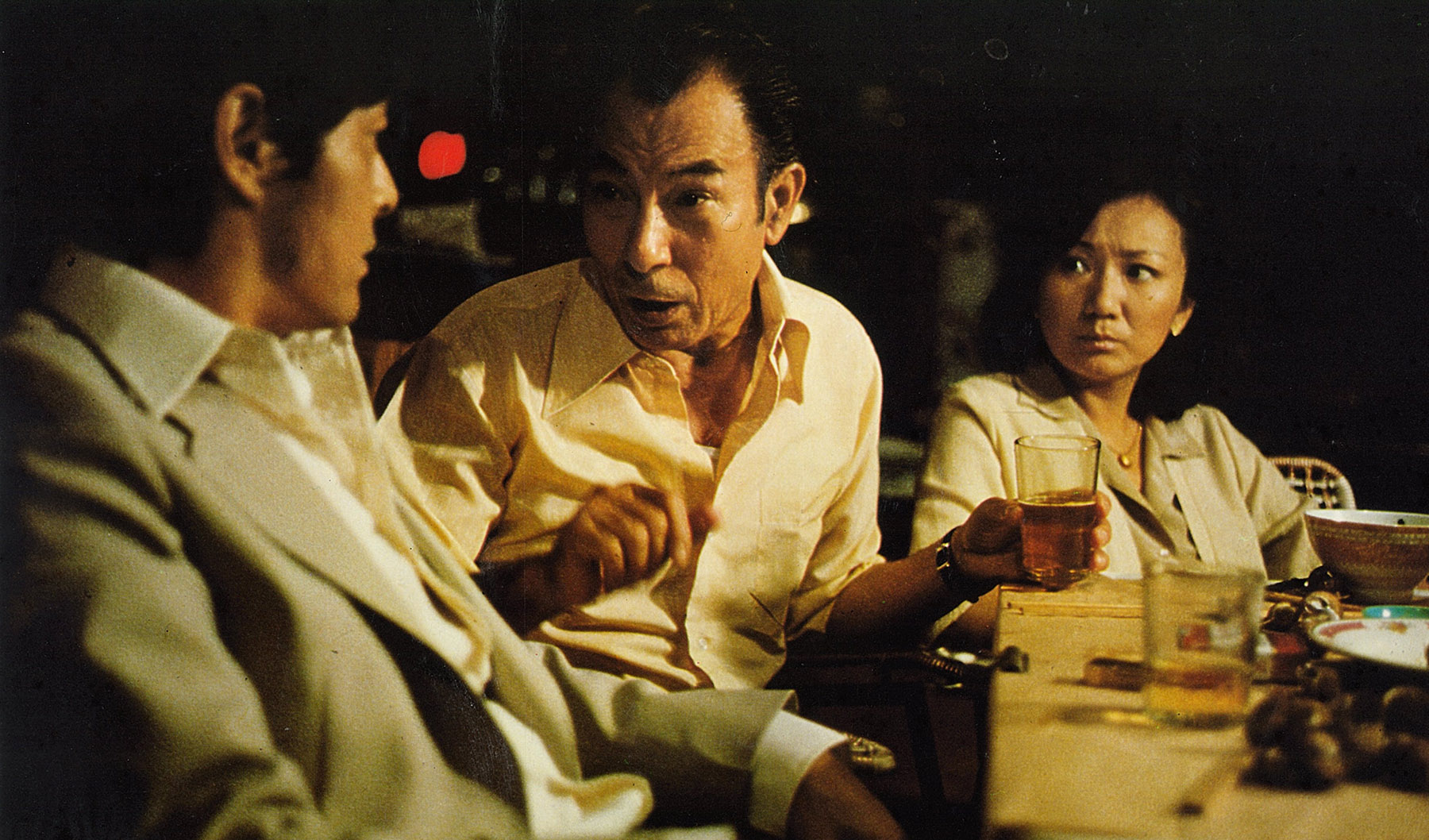
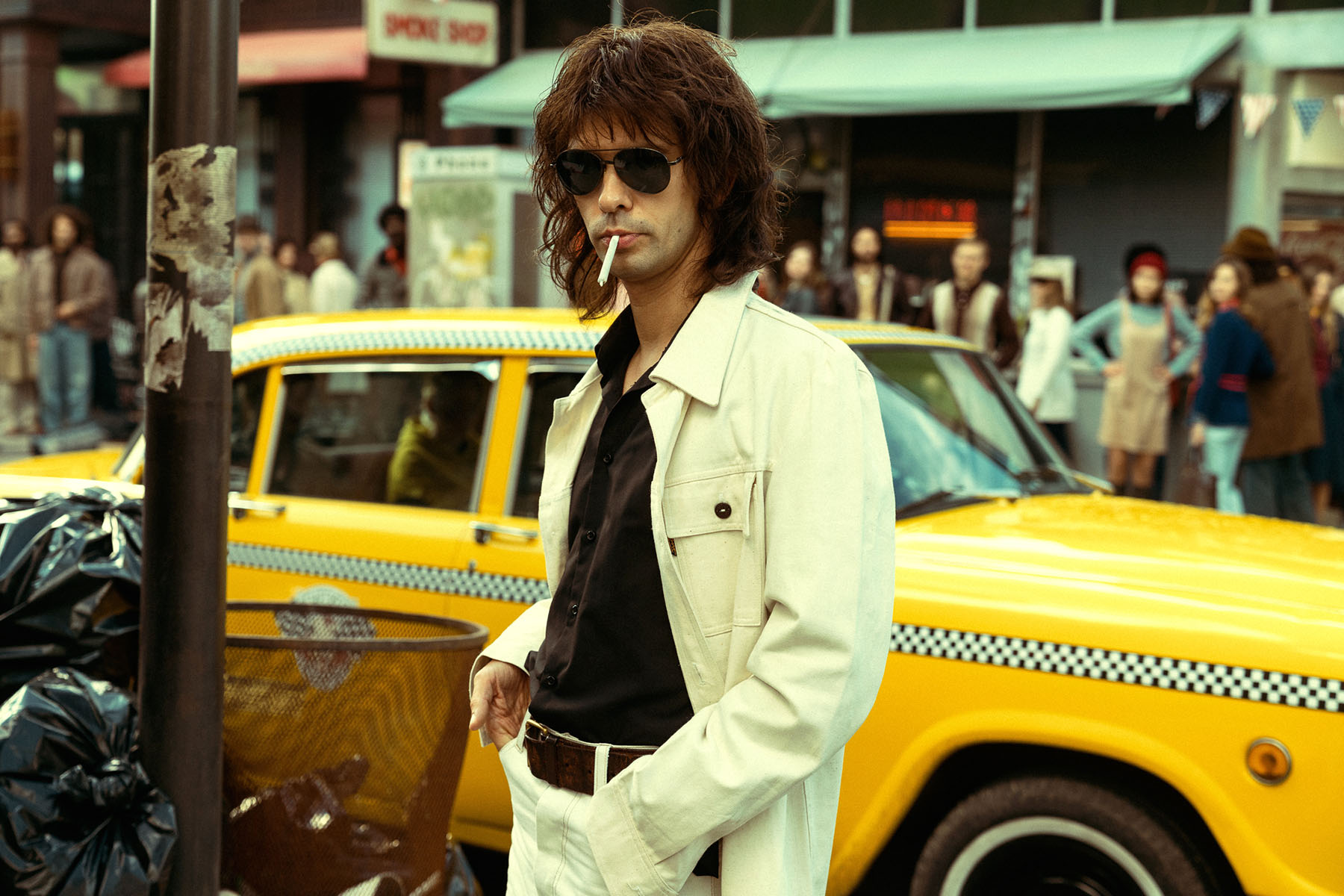
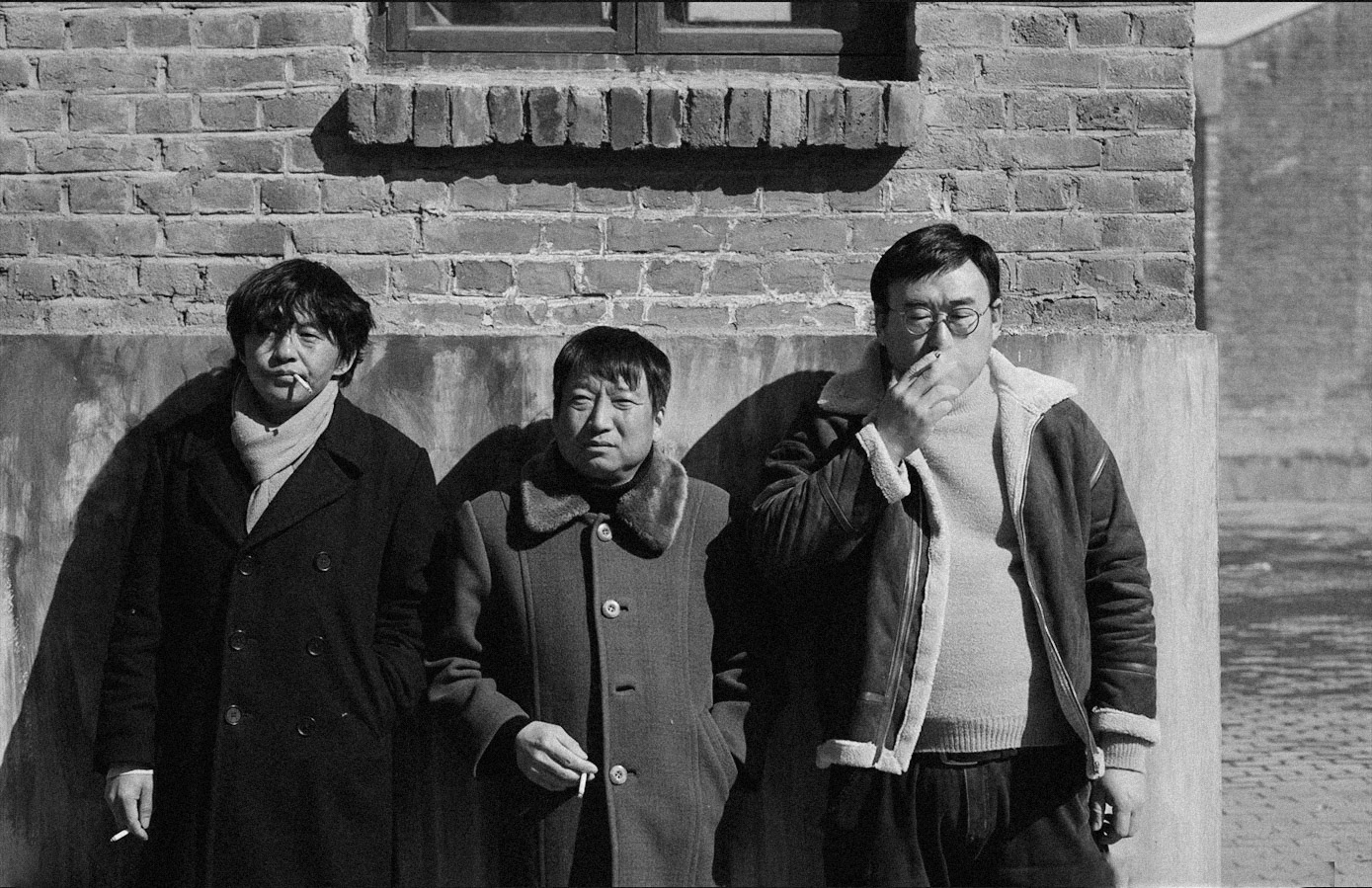
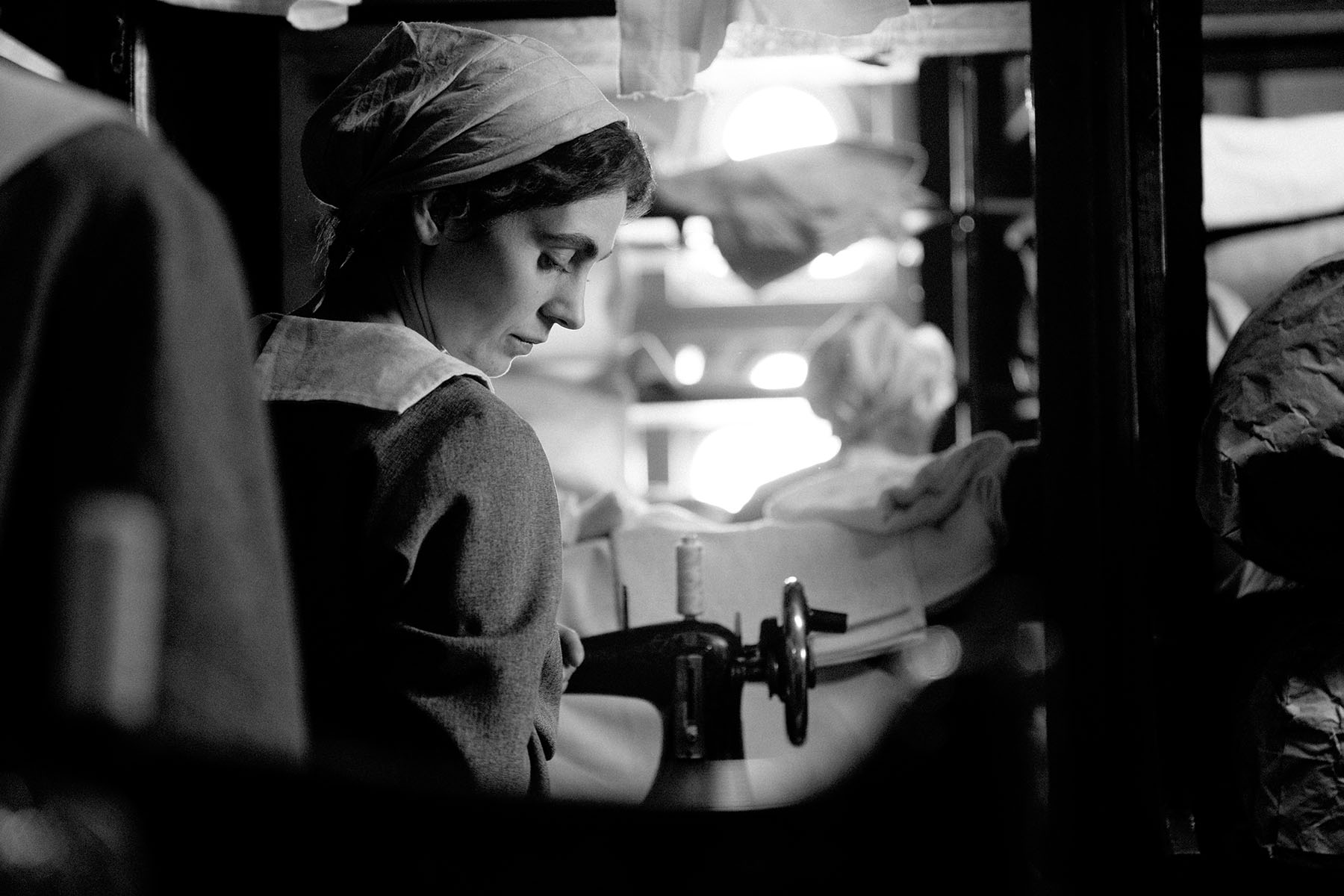
As for other special treats this year, Wong recommends the double bill of Scénarios (2018) and Exposé du film annonce du film ‘Scénario’ (2021). “Jean-Luc Godard created this posthumous swansong a day before his assisted suicide,” he says of the latter film. “Through a collage of images, which he often employed late in his life, Godard reflects on themes of war and death. We also catch a glimpse of his instructions to collaborators on how to assemble this final film. This work serves as the perfect conclusion to a remarkable filmmaking career.”
ALSO READ: Cinema nouveau
Lee’s pick is a new 4K restored version of Akira Kurosawa’s 1954 classic, Seven Samurai. “I consider Kurosawa’s stunning epic, which celebrated its 70th anniversary last year, one of the greatest films ever made. I must have watched it dozens of times over the years. Yet nothing compares to experiencing it on the big screen, which allows the audience to fully appreciate its artistry and impact in a way that truly honors its legacy, particularly in this meticulously and newly restored version.”
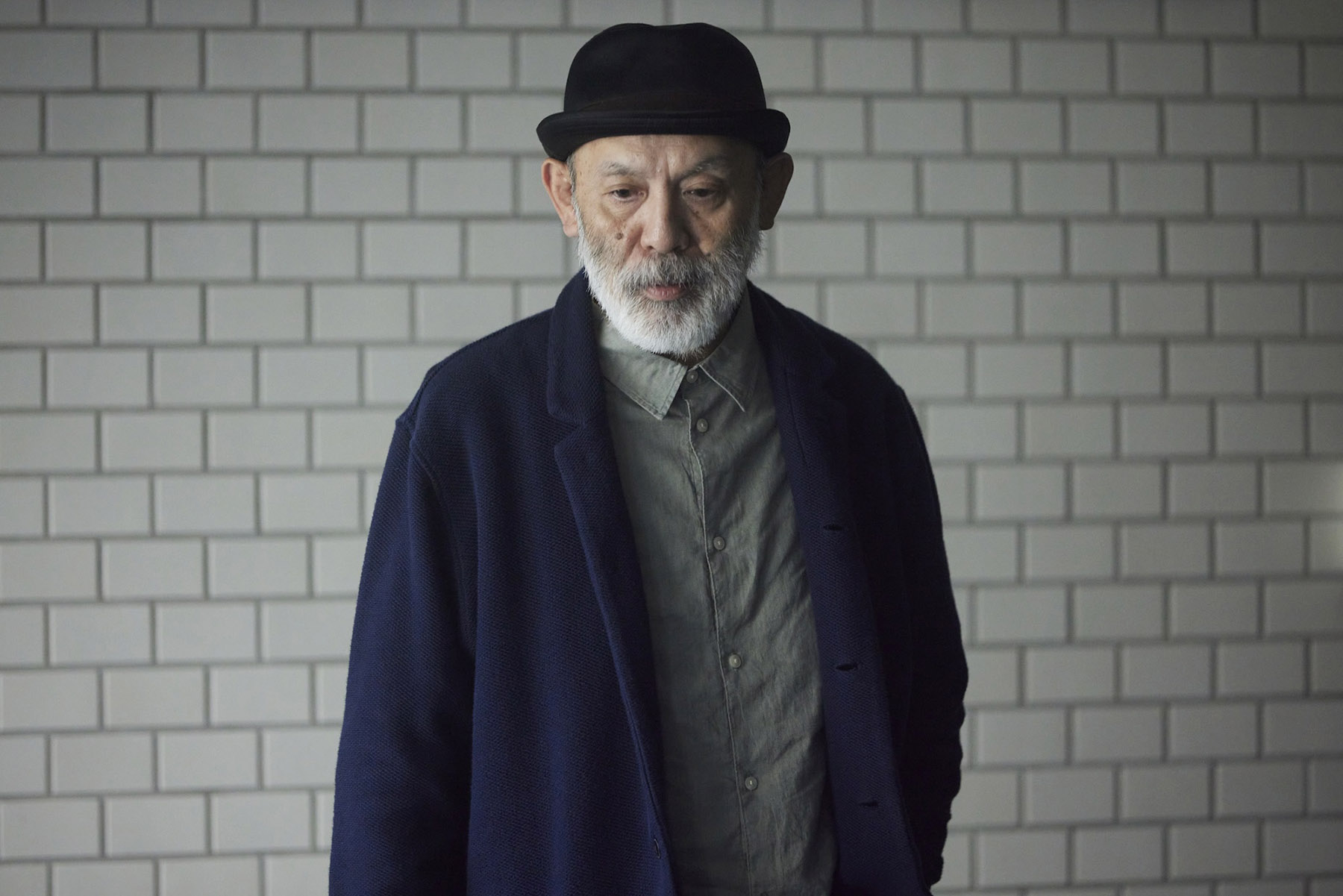
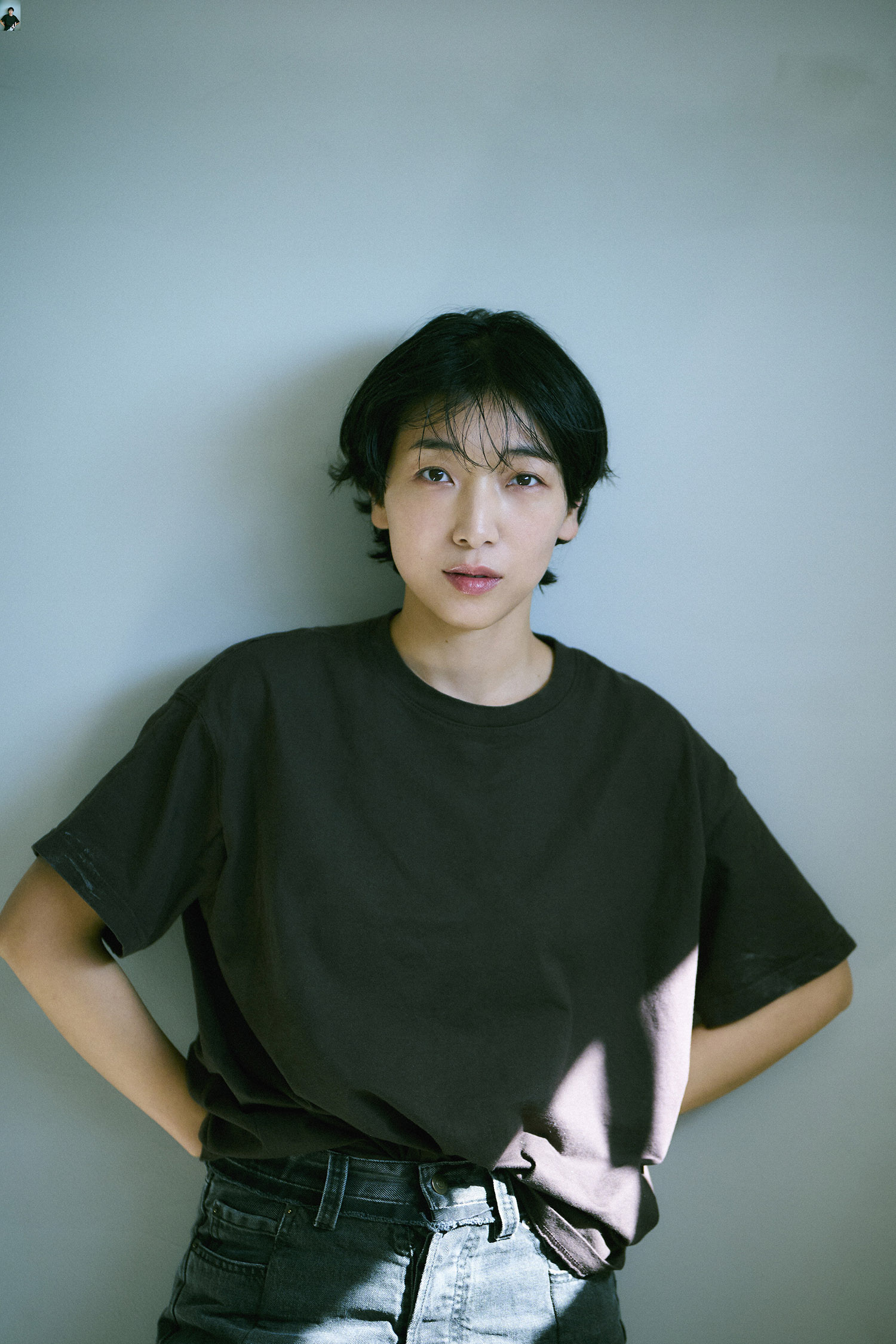
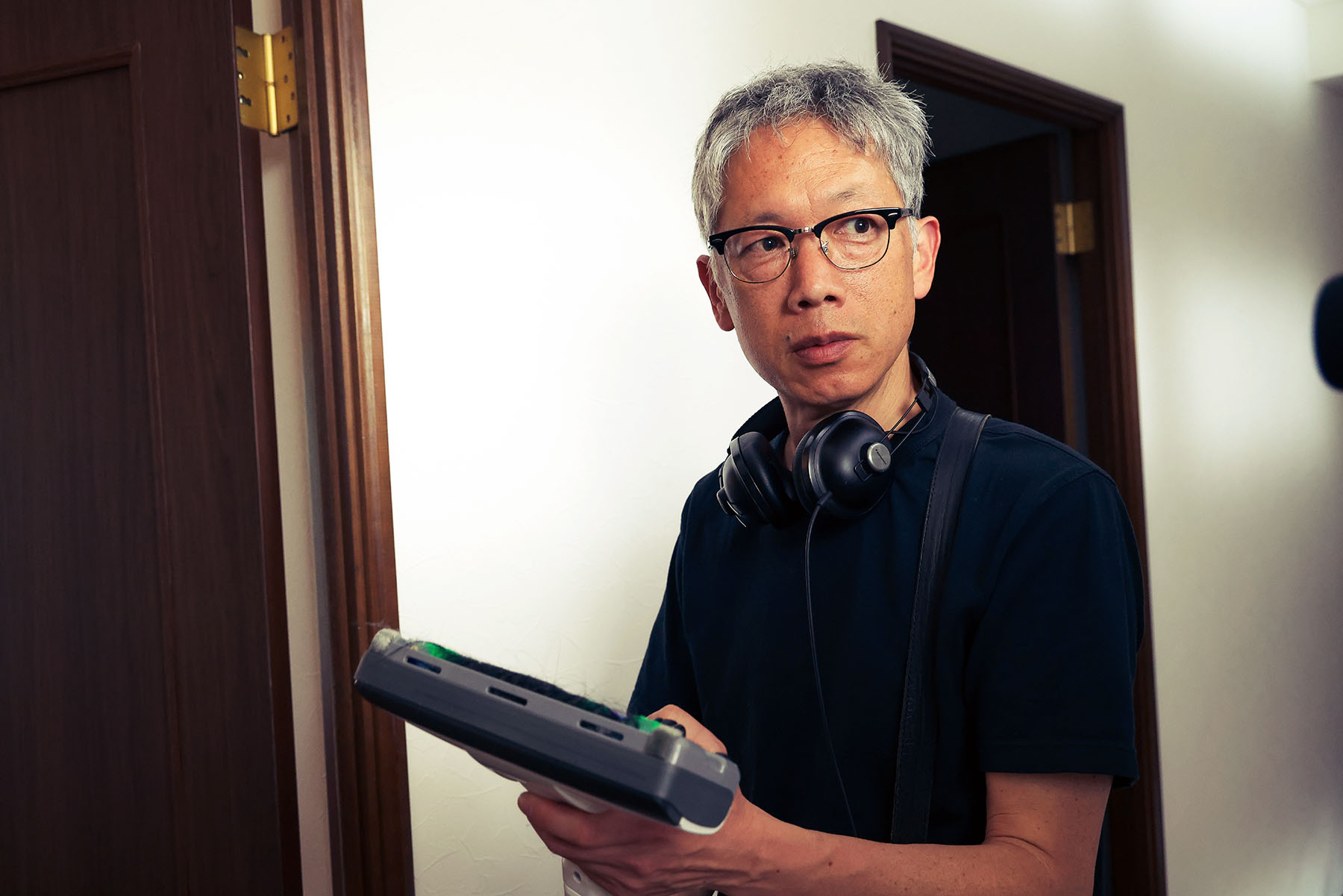
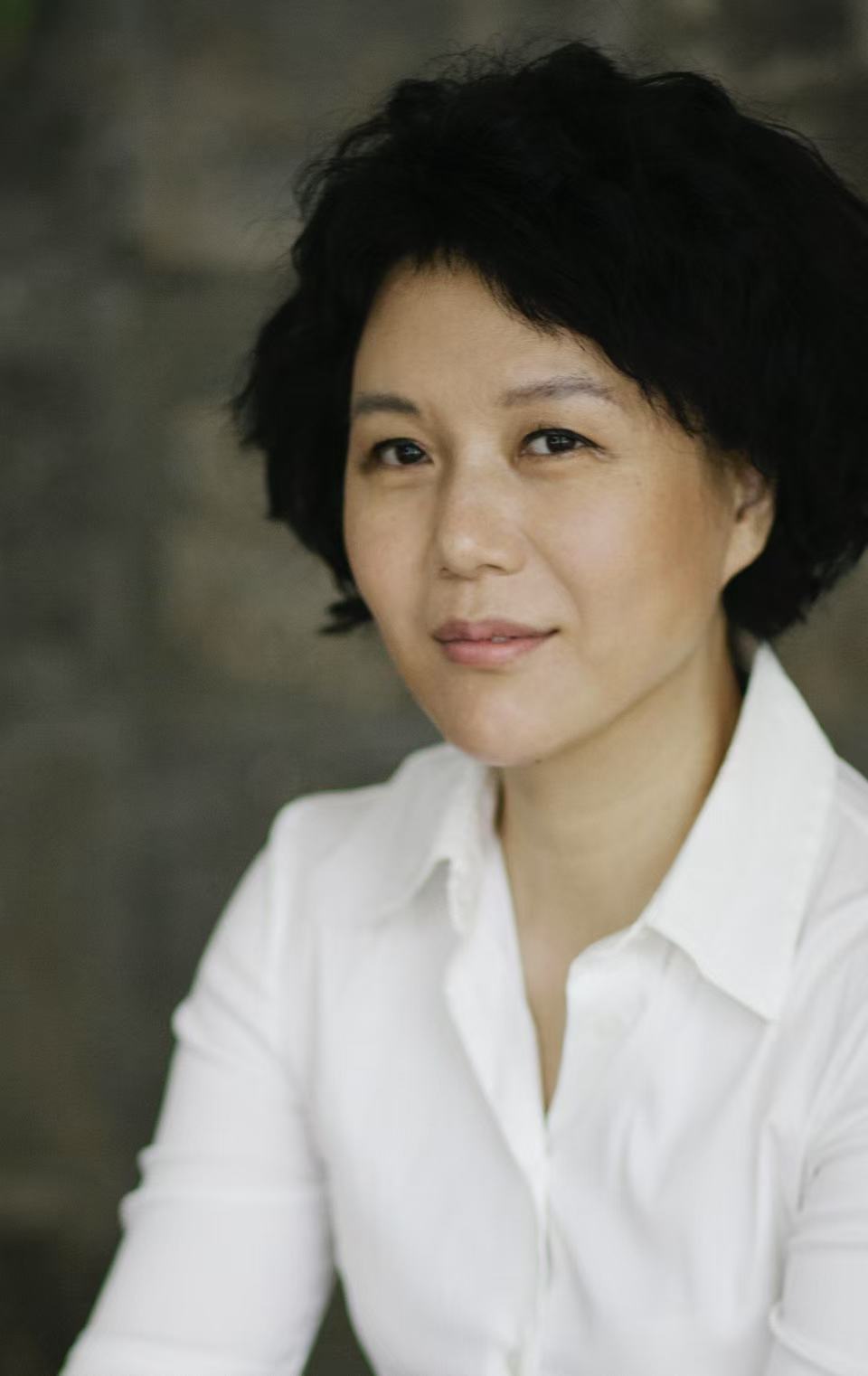
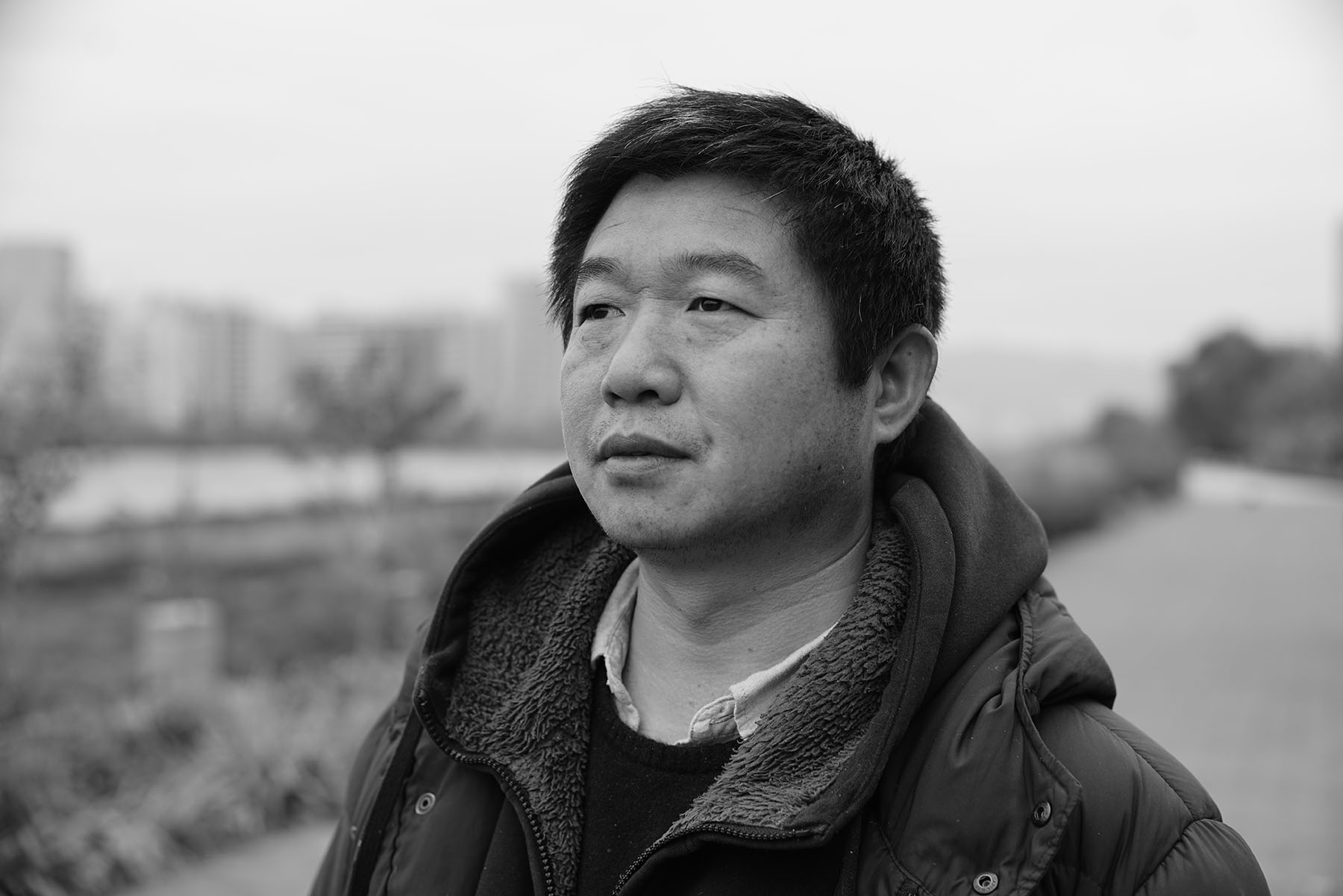
If you go
49th Hong Kong International Film Festival
Dates: Through April 21
Various venues
www.hkiff.org.hk


